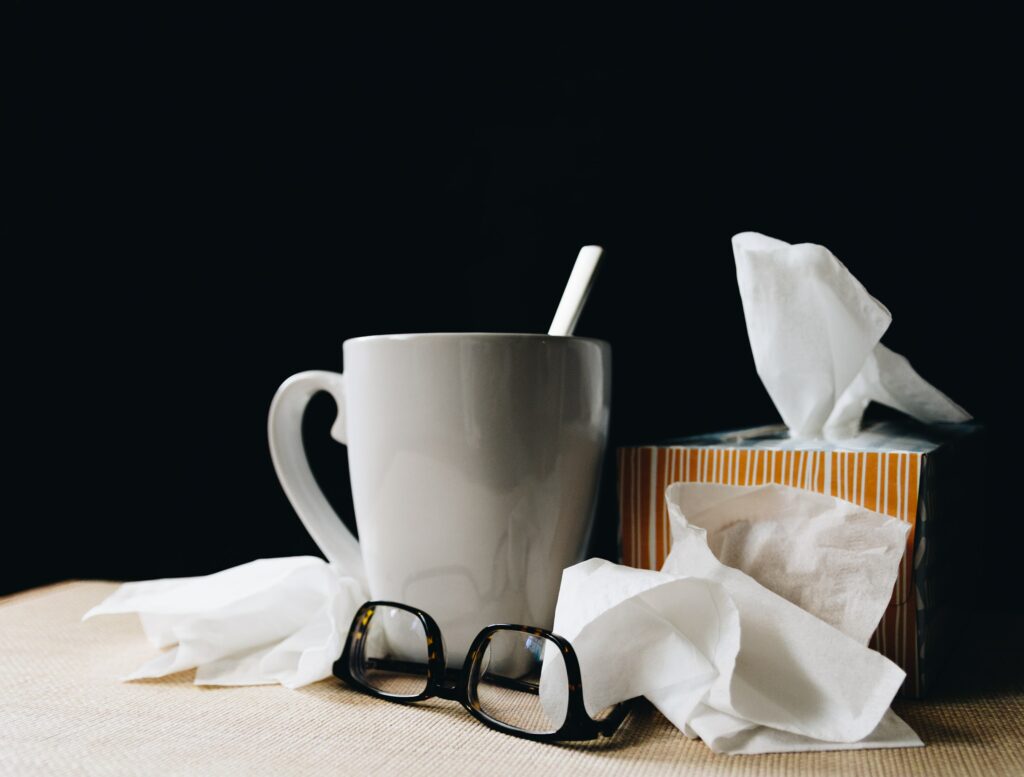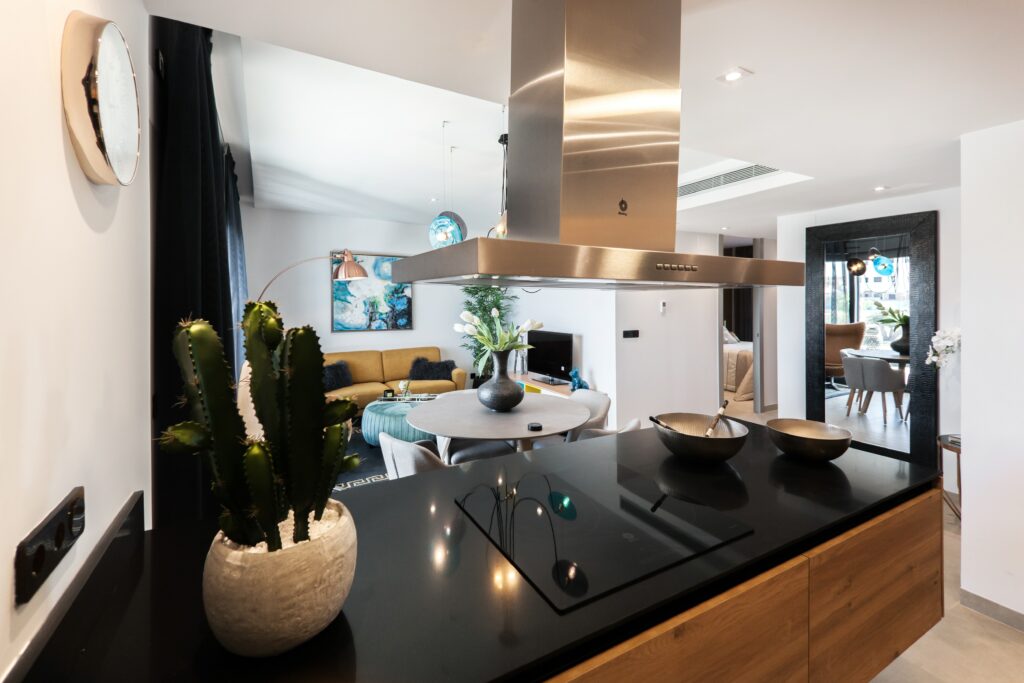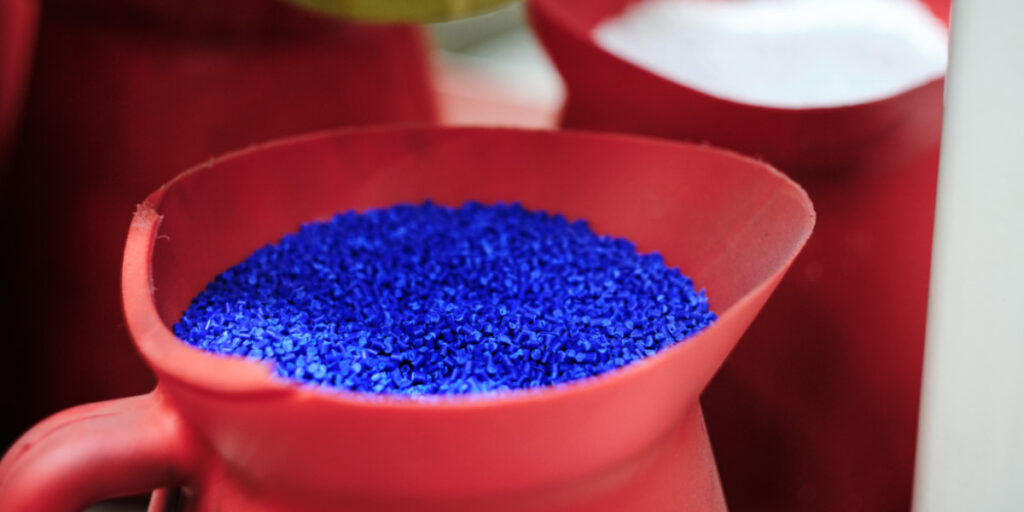Research: Higher sick-leave rates for people working in buildings with poor indoor air

Saving on ventilation can become expensive. A study documents higher sick-leave rates for people working in buildings with a poor supply of fresh air. Researchers estimate that better ventilation leads to an average saving of 400 dollars/employee per year, which means 22.8 billion dollars total in the US alone.
In research communities, it is widely recognized that poor indoor air negatively affects human health. Harvard researcher DK Milton and colleagues (2000) studied the relationship between employee sick-leave rates and the ventilation level of the buildings in which they work. They discovered significantly higher sick-leave rates of employees working in buildings with low levels of fresh air.
These results illustrate the importance of properly ventilated workplaces. As we see it, the study has several implications. Firstly, we believe that people have the right to work and live in healthy buildings and spaces; and therefore, improving air quality in work environments and maintaining people’s health is a moral obligation. Secondly, as the researchers’ calculations suggest, good ventilation also provides economic savings. The researchers estimated that better ventilation leads to average savings of 400 dollars/employee every year, adding up to 22.8 billion dollars in the US alone. Thus, saving money on ventilation is likely to become more expensive in the long run.



